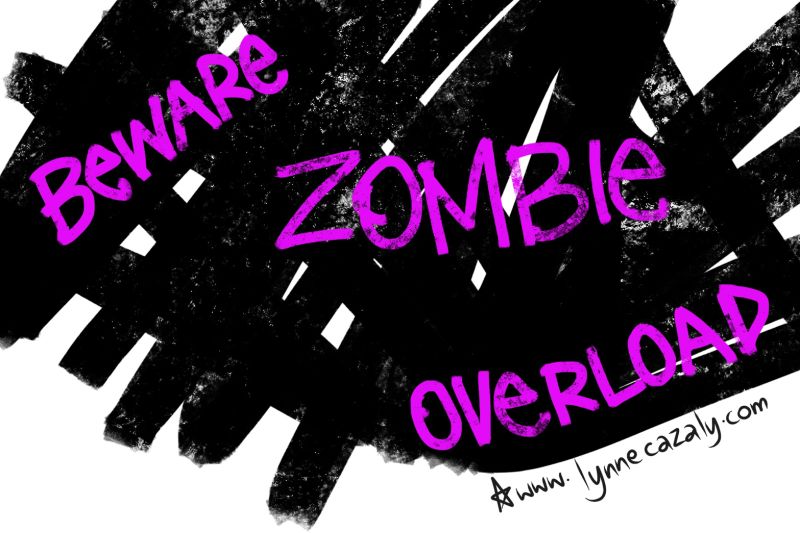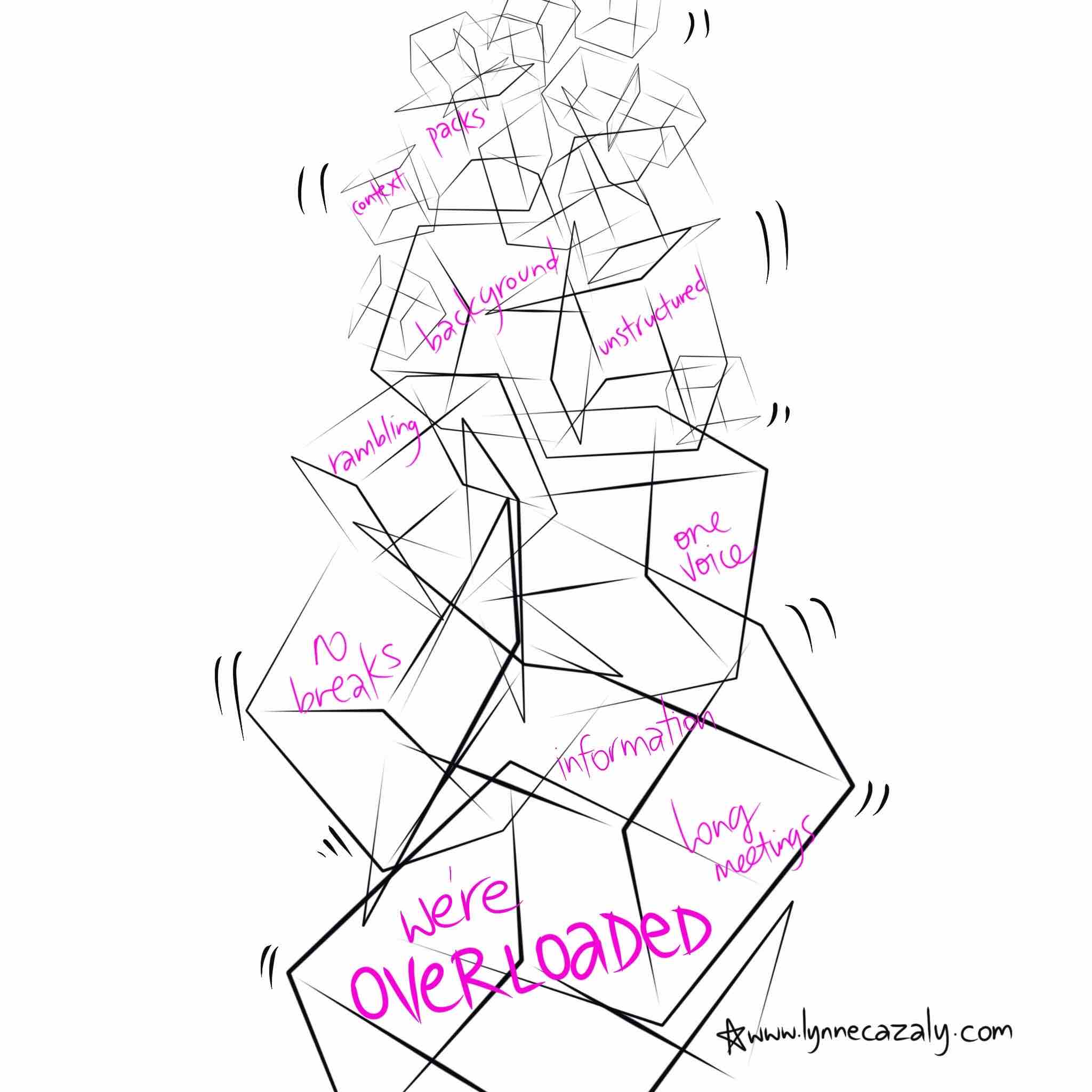Too much to deal with
 Friday, October 1, 2021 at 8:56AM
Friday, October 1, 2021 at 8:56AM I’ve been reading, researching and thinking a lot about overwhelm.
Overwhelm means to bury or drown beneath a huge mass of something. And frequently ... it’s our work and responsibilities!
When you see the usage of a word over time, it’s interesting to note when it started, peaked and what it is doing today.
Overwhelm as a word was at its peak in the 1800s. Use tapered off in the early to mid 1900s and the word has experienced a great resurgence of use since 2019.
I wonder why?!
The Cambridge Dictionary says overwhelm is a verb, of force. To defeat someone or something by using a lot of force.
Alternatively, the emotion defines overwhelm as to cause someone to feel sudden, strong emotion.
At its simplest, overwhelm means to have ‘too much to deal with’.
We’ve all experienced this - a time when things felt ‘too much’.
Rather than just ‘sucking it up buttercup’, ‘soldiering on’ or ‘pushing on through’ in a war with our overwhelm, I think we can do something different...
My book ‘Argh!: Too much information, not enough brain’ is out.
I hope it helps you outsmart overwhelm from some different perspectives.



















